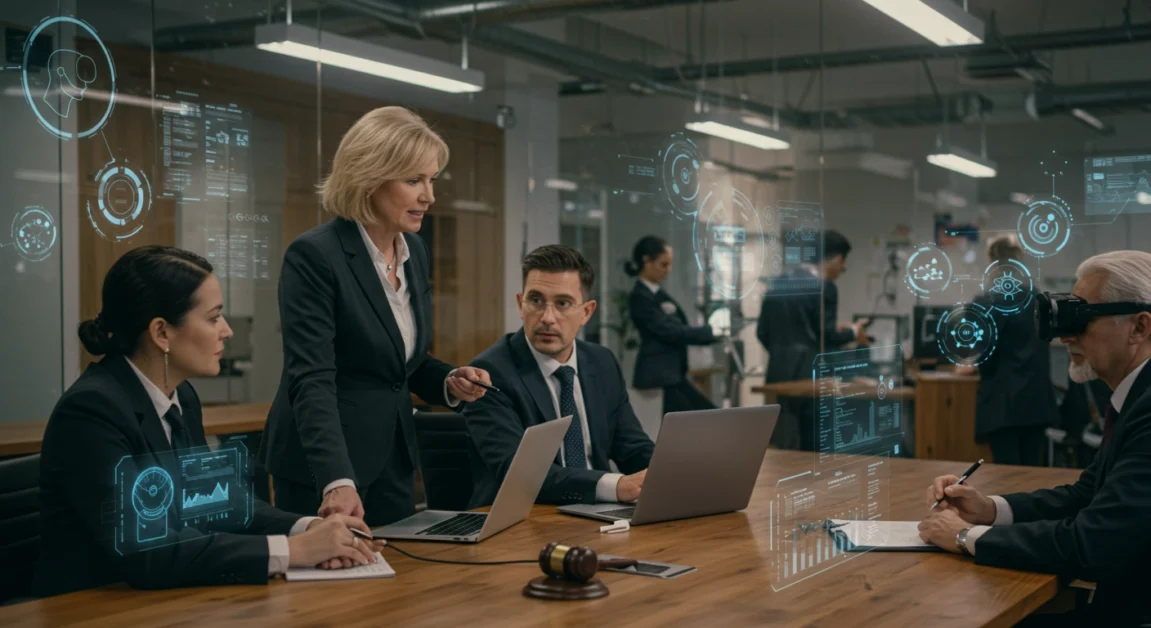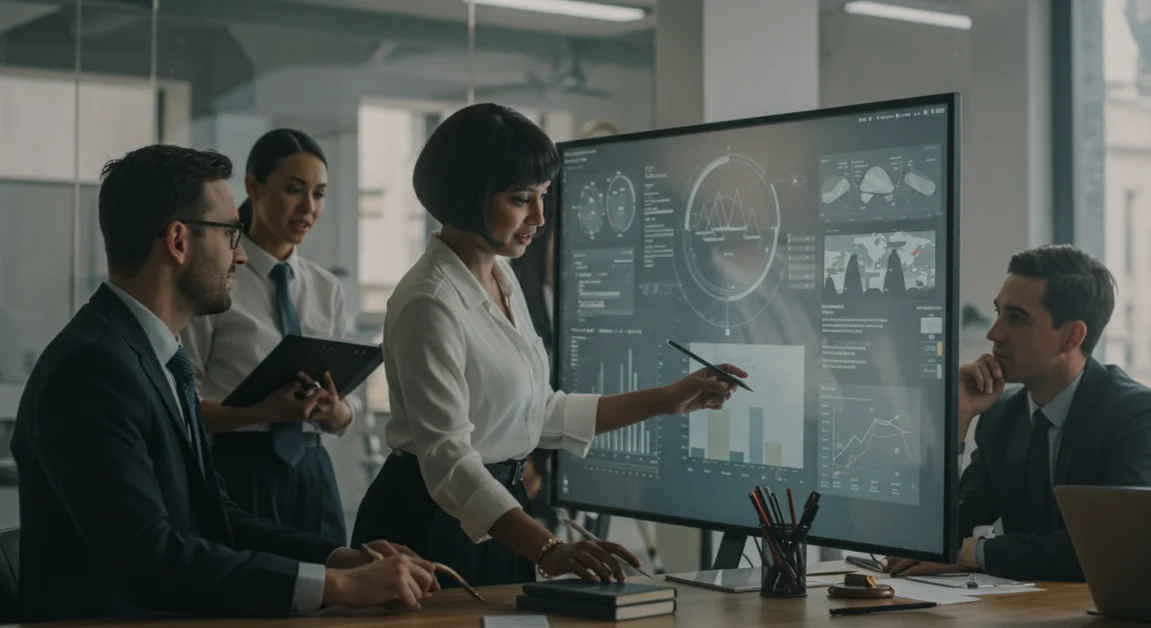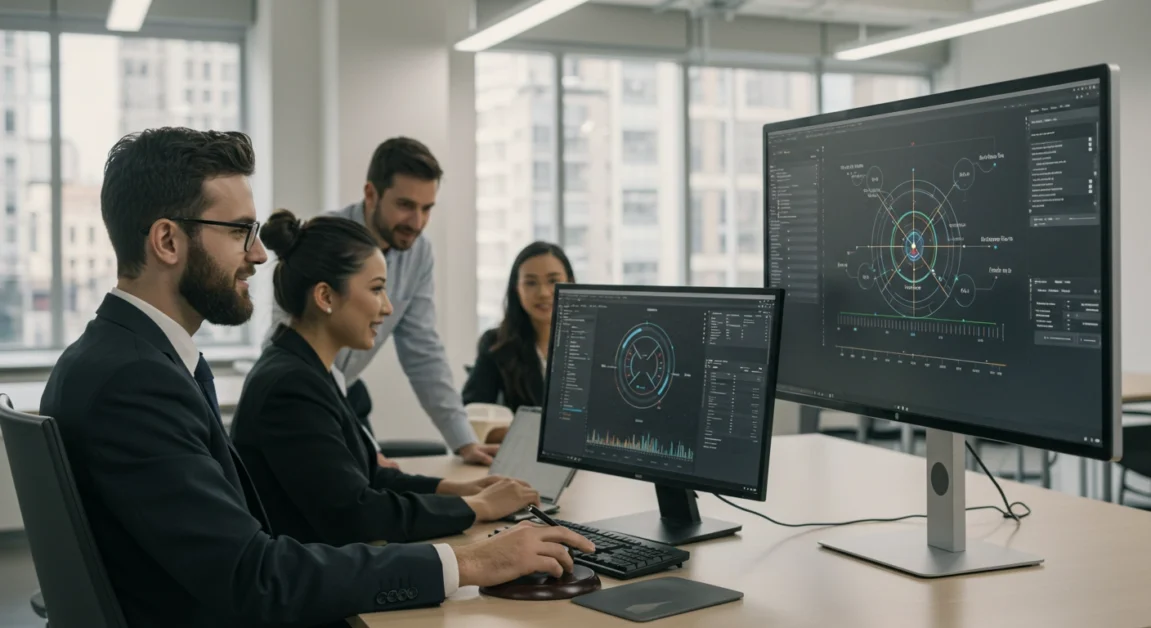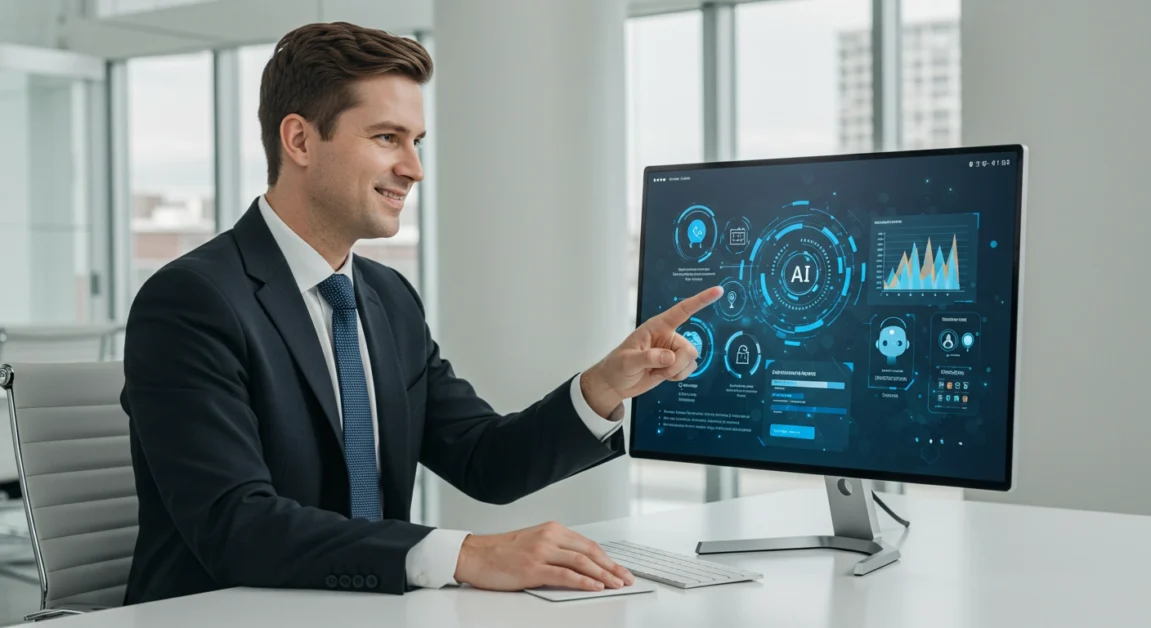How a Divorce Lawyer Navigates Legal Tech Trends in 2025
The modern family law practitioner stands at a remarkable crossroads where traditional advocacy meets revolutionary technological advancement, and understanding how a divorce lawyer navigates legal tech trends in 2025 has become essential for effective client representation in an increasingly complex digital landscape. The convergence of artificial intelligence, predictive analytics, and specialized family law software has […]
How a Divorce Lawyer Navigates Legal Tech Trends in 2025 Read More »









